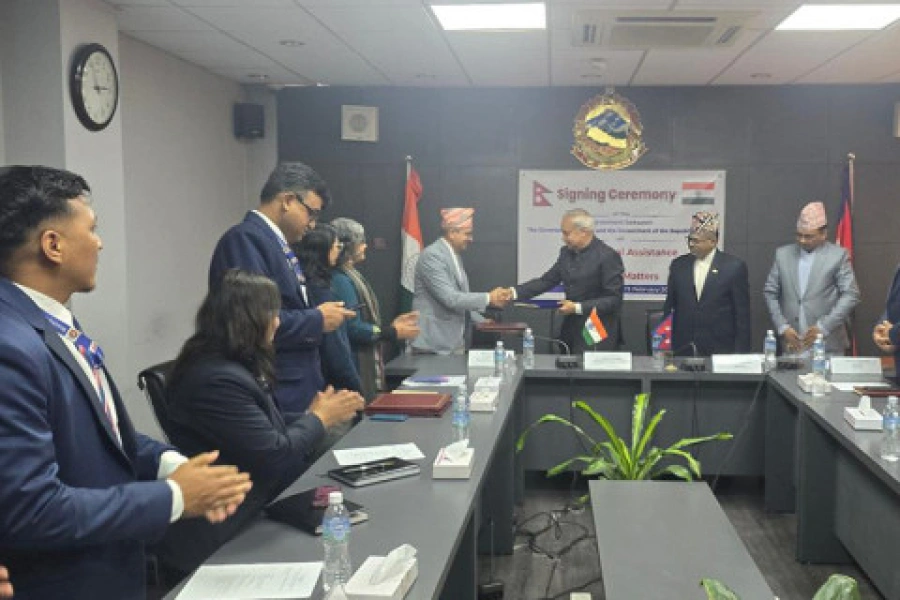CHITWAN, July 15: A study conducted by the Agriculture and Forestry University in Chitwan has found that pesticide is being used in eggplant the most. According to the study conducted in 20 different types of vegetables in the district, second and third largest use of pesticide was found to be in capsicum and long capsicum.
According to Professor Minraj Pokharel who conducted study in 2014, pesticides were found to be spread on a plant of eggplant 23 times. In capsicum, pesticides were spread 17 times and in long capsicum, 15 times.
Similarly, In tomato and ladies’ finger, pesticides were used 13 and 10 times, respectively.
The use of pesticides gradually decreased in cucumber, beans, bitter gourd, gourd, cauliflower, peas, chilies and cabbage, according to Prof. Pokharel.
The use of pesticides decreased further in onion, potato, coriander and radish, respectively.
The study showed that around 16 kilograms of pesticides was used per hectare for eggplant. The amount was approximately 12 kilograms in case of capsicum and long capsicum, whereas 10 kilograms of pesticides were used on other vegetables.
Vegetable prices up as season end nears

“Once we plant eggplant, it lasts for eight to nine months. That is why pesticide has found to be used in it more than other vegetables,” Prof. Pokharel said.
Capsicum is the most commercial crop among the vegetables. That is why farmers used more pesticides for its safety, he said. Usually the farmers earn Rs 25,000 by growing capsicum in one kattha of land.
The University conducted the study in order to analyze the situation of pesticide use so that suitable policies could be made to curb the practice. The situation of pesticide use was alarming, Prof. Pokharel told to Republica.
Farmers are identified crop diseases as the major problem among 10 problems of crops. So they commonly use pesticides. Almost 77 percent of the farmers are aware about the side-effect of pesticides though they use it as much as they can for the safety of their vegetables.
Professor Pokharel further added that almost 55 percent farmers have been found not using safety accessories while putting pesticides on the crops, which causes a risk in the farmers’ health too.
He also said that most of them are not aware of the side effects of pesticides. They usually pick vegetables prematurely, so some quantity of pesticide remains in the vegetables.
Although the pesticides sellers instruct the farmers about the use of pesticides, farmers have been found to disregard it. Moreover sellers themselves are selling pesticides as per the demand of farmers instead of recommendation of technicians and experts.
“On the one hand, the immunity of harmful insects is increasing, and on the other, helpful insects are being killed due to unmanaged use of pesticides,” Pokharel said: “Consumers are more attracted to organic vegetables, so an alternative way should be chosen.”
He stressed on the need to spread awareness of pesticide’s side-effects and it’s alternate. He also suggested the government to come up with a policy to regulate the licensed sellers to sell pesticides under the recommendation of technicians and experts only. Prof. Pokharel further said that the rampant use of pesticide could be reduced if the government could conduct periodic health camps for the crops and give proper training to the farmers.






































